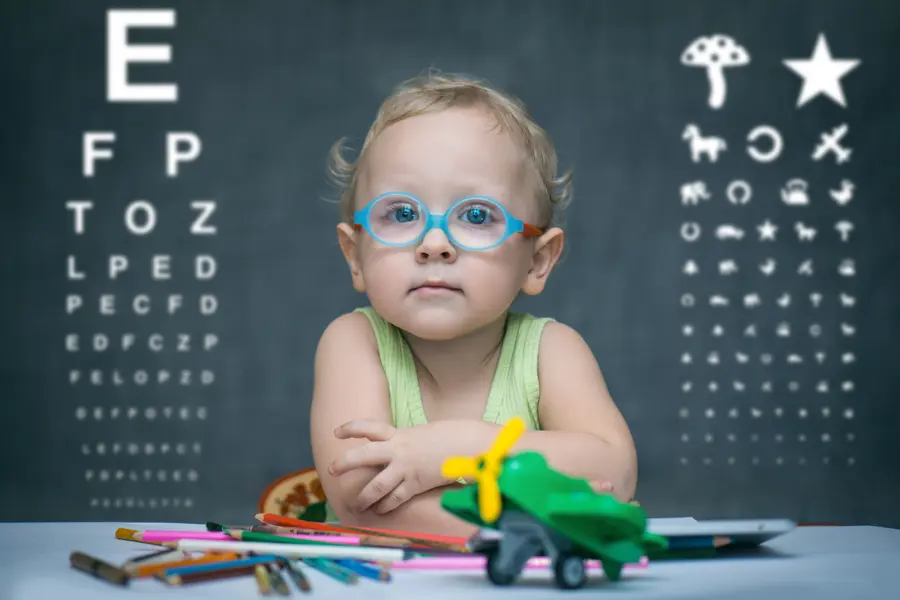
As parents, we diligently check off milestones in our children's development: their first steps, their first words, and their first day of school. Yet, amidst this flurry of milestones, one crucial aspect of their health often goes overlooked—their vision. Many parents underestimate the importance of early eye exams for children, assuming that vision problems will manifest themselves clearly or that they can wait until their child complains of vision issues. However, the reality is quite different.
In this blog, Dr Nandita Rane - a renowned eye specialist in Chembur East will discuss how early eye exams play a vital role in ensuring children's overall health and development.
First and foremost, early eye exams can detect vision problems that might otherwise go unnoticed. Unlike adults who can articulate their vision concerns, children may not realize they have a problem or may lack the vocabulary to express it. Regular eye exams, starting as early as six months of age, can identify issues such as lazy eye, crossed eyes, or refractive errors like nearsightedness or farsightedness. Detecting these problems early allows for timely intervention, which can prevent further complications and ensure optimal visual development.
Furthermore, early eye exams can uncover underlying health conditions beyond just vision impairment. Certain eye conditions, such as amblyopia (lazy eye), can indicate broader health issues like neurological disorders. Additionally, conditions like diabetes or hypertension can manifest through changes in the eyes. By conducting comprehensive eye exams, ophthalmologists like Dr Nandita Rane - the best eye specialist in Chembur, can detect these conditions in their early stages, enabling timely treatment and management.
Moreover, addressing vision problems early can significantly impact a child's academic performance and overall well-being. Studies have shown that children with uncorrected vision problems may struggle academically, experience difficulty concentrating, and exhibit behavioural issues. By identifying and correcting vision problems early, children can perform better in school, build confidence in their abilities, and engage more fully in activities both inside and outside the classroom.
Early eye exams also promote lifelong eye health habits. By making eye exams a routine part of healthcare from a young age, children learn the importance of regular check-ups and taking care of their eyes. This habit carries into adulthood, fostering a proactive approach to eye health and reducing the risk of vision problems later in life.
Additionally, early intervention can minimise the need for more invasive treatments later on. For example, if amblyopia is detected early, simple interventions like patching or corrective lenses may be sufficient to correct the issue. However, if left untreated, amblyopia can lead to permanent vision loss in the affected eye, requiring more intensive treatments such as surgery.
Early eye exams are critical for children's health and development. By detecting vision problems and underlying health conditions early, promoting academic success, instilling lifelong eye health habits, and minimising the need for invasive treatments, early eye exams set children on the path to optimal visual health and well-being. As parents, let's prioritise our children's eye health by scheduling regular eye exams starting from an early age. After all, clear vision is not just about seeing the world—it's about experiencing it fully. Let your child experience the complete joy of vision with Dr Nandita Rane, a leading ophthalmologist in Chembur.